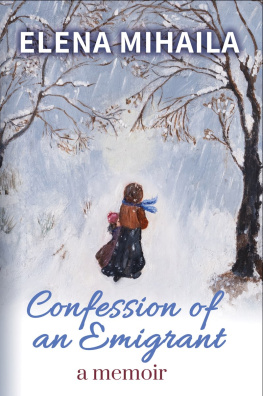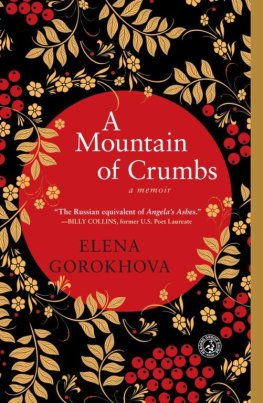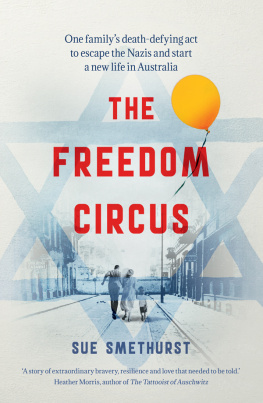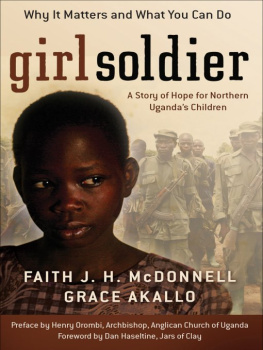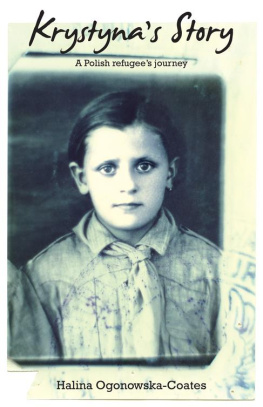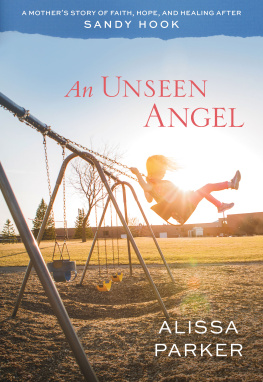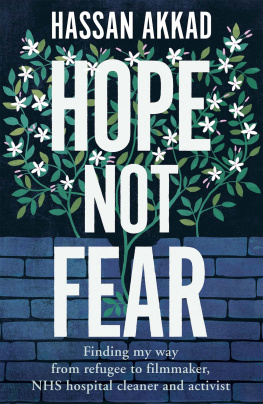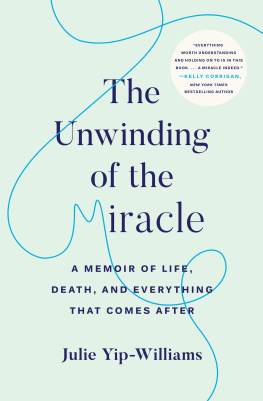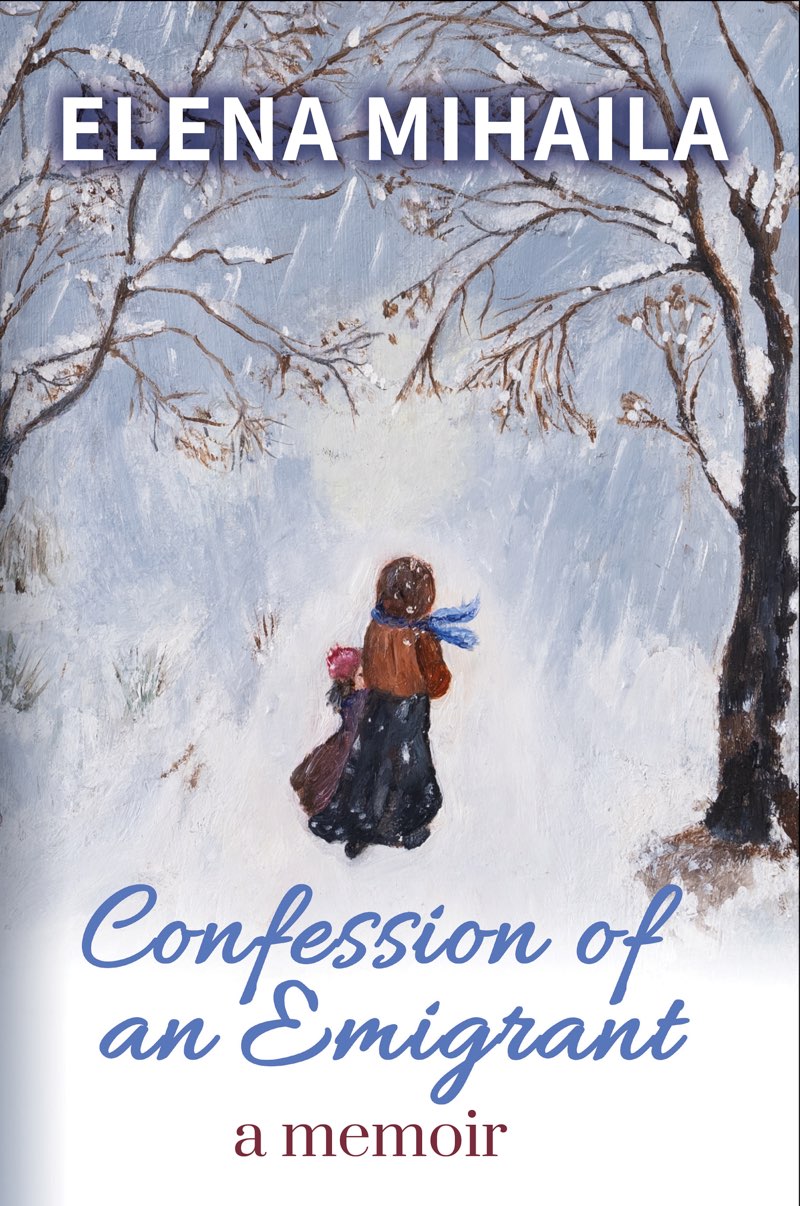Elena Mihaila asserts her moral right to be identified as the author of this work.
All rights reserved. No part of this publication may be produced or transmitted in any form or by any means, electronic or mechanical, including photocopying, recording or information storage and retrieval systems, without permission in writing from the copyright holder.
This is a work of non-fiction. Some names and incidents have been changed to protect identities.
A catalogue record for this book is available from the National Library of New Zealand.
FOREWORD
I have long been tormented by the thought that writing about my own troubles will not be of any interest to anyone. Yet, the desire and the hope that my confessions will be of help eventually convinced me to go further.
I am directing my words to the ones that wish to listen, especially to the ones for whom life has not always been generous.
I am not a literary writer, but I am a person who has battled with life, one who has suffered, and one who lives with the hope of the life that she desires, and I found myself capable to put all my experiences and related feelings on paper.
I have encountered malice when I was being kind, falsehood when I was being honest, and this has shaken my very core, even if the ache sprang only from the humility brought on by my own mistakes. I felt the ache of a reality that I had to face, and at my cries for help, I awoke my Faith.
For me, the testimony of a lifetime has a power of something HOLY; therefore, my confession is made in its entirety and with full confidence.
1
We stepped off the bus into the gloom of a cold, wet September evening. Two or three lamps hung from wooden posts, but their glow soon faded as we picked our way along the rough path to the village.
Soon we were in a darkness that was broken only by occasional pinpricks of light that seemed to float eerily among the trees. These were lanterns, carried by villagers whose errands had kept them out late and who were now heading home along the treacherous lanes. A dog barked in the distance, and was answered by another, then another even farther away.
We groped our way along, keeping a wary eye out for glints of mud and rain-filled potholes. I swapped my suitcase from one hand to the other, stumbling as I did so over an unseen root. Melancholy was fast becoming my first impression of my new home, and I could not help wondering if I was doing the right thing.
One by one our fellow travellers dropped off, prompted by some subtle mark or sign to turn through gates to their homes. I found myself almost resenting the warm hearths awaiting them. What for me was a forlorn and faintly hostile atmosphere was to them nothing more than a minor nuisance, a seasoning for the warm sustenance awaiting them at the end of their journey. I envied them their belonging. As an outsider, to whom everything was strange and new, all I could look forward to was unfamiliarity and absence absence of the countless and pervasive shapes and smells and tastes of home that we only notice when theyre gone.
By the time we reached the end of The Line, which I would learn this track through the village was called, Matei and I were alone. I let him lead while my head churned. What am I doing? Is this really me, walking this strange path? Leaving my whole life behind? Am I making a terrible mistake? Then I thought of my sons and felt my heart flood with longing and affection. I knew there was no going back from the road Id chosen. Not ever. The die had been cast. Now I would find out the price I had to pay.
The track opened out and I could dimly make out a few dark houses. They looked uninhabited, with empty yards and broken fences. Here and there a roofed water well stood out. I imagined the chain and perhaps an old bucket hanging in the well mouth. Were people still living here? I wondered. Had Matei lost his way? Had I?
At last, we turned through a gate toward a house barely lit by a sickly bulb hanging over the porch. Matei opened the front door, but inside was no more inviting than out. Then, across the dark, cold hallway, I saw a faint crack of light. We climbed the two or three steps to the door and pushed it open.
I was immediately struck by the heat from within, making me aware how cold I had become. I could see the source of the warmth, an enormous stove in one corner of the room. Next to it was a bed, on which was perched an old woman in a nightdress. A kerchief was wound round her head and she held onto a cane.
My God! she said, looking up at our entrance. Here they are!
Mateis mother pushed herself to her feet amid joyful exclamations of reunion with her son, and hugged us both gleefully. When I could, I sat on the bed next to her. I was curious to take in some more of my new, temporary, home.
My first discovery was Mateis father. He was lying in the bed too, and though hed said nothing yet, or perhaps because of that, I got the feeling he was on the crabby side of being reserved. But that could have just been his appearance, as he sat slowly chewing on his cigarette, appraising us. He held out his hand now, and I shook it, then he offered to light the fire in the room next door.
It will warm up the room while we talk, he said, beginning to climb off the bed. But he didnt get to his feet. Instead, he let himself down onto the floor, and began to pull himself along with his hands.
Matei hadnt told me his father couldnt walk. I had known his parents were unwell, but I hadnt known the details. It was now becoming starkly clear just how little about my new life I knew, or had even thought about. In that small house, in that small village, I was amongst strangers. Not enemies, but not yet friends. How soon would that change? Had I tied myself to a future of caring for invalids? It was too soon to know. But this was what I had chosen. I had to live here now, with Mateis parents, to get to know them and have them get to know me. They were sick, but I could hardly hold that against them. Nor could I resent their close inspection of me. They were trying to understand who this new person was who had come into their lives, into their home, just as I was trying to understand where I was. Matei was their son, their only child, their hope for security in their old age. All they knew of me was that I had come with him on a brief visit, and that a short while later we were to move there permanently.
I didnt even know if they knew that I had left my husband, my sons, and resigned my job to be with Matei who was about to leave the army. My parents had disowned us, and were unlikely to ever accept us back. All Matei and I could really be sure of was that we had a lot of struggle ahead of us before things would get easier. Perhaps his parents, frail as they were, could see that more clearly than we could, and perhaps that was behind their apparent reserve.
For my part, after the relief and joy Id felt in escaping the intolerable conditions of home with Matei, my heart was now filling with sadness. Would it soon become remorse? I fought this fear down, and turned my mind back to the present, to Mateis village, his house, and his parents.
Mateis father had had a leg amputated several years previously, due to arthritis, but he had never been able to walk with the prosthetic limb the state provided him. He knew he wouldnt get another one. So, he simply stopped wearing it. He was too weak to use crutches, and a wheelchair was impossible in the house. So, in order to get around in his own house, he crawled.

